Greg OlearBlockedUnblockFollowFollowingDec 1
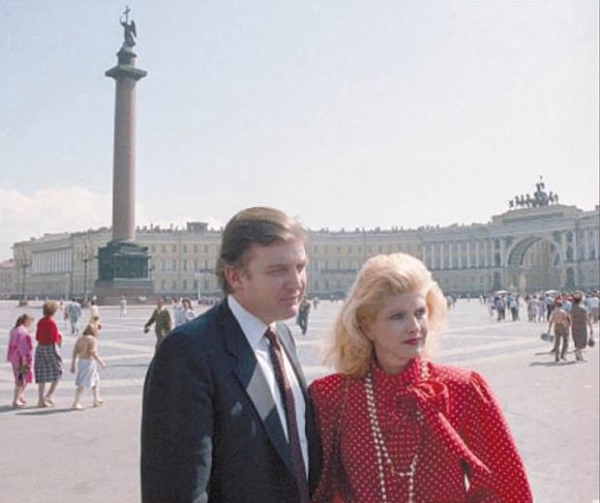
In the wake of Michael Cohen’s surprise plea deal, even Donald Trump himself was forced to concede that yes, despite all the indignant protests to the contrary, he and his associates were indeed in communication with the Russians during the 2016 presidential campaign. Trump Tower Moscow didn’t make it past the planning stages, but the President may have consummated another secret deal in Russia, worth considerably more money.
That’s what it says in the so-called Steele dossier, the series of intelligence reports produced by former MI6 super-spy Christopher Steele. Given the breathtaking falsehoods told by Trump and his associates on all things Russia for the last two years, as well as the fact that these same egregious liars invested considerable effort attempting to discredit Steele and his work, the dossier now appears more likely than not to be accurate. Certainly it demands closer re-examination.
In the intelligence report dated 18 October, 2016, Steele observes that Igor Sechin, CEO of the Russian oil company Rosneft, “was so keen to lift personal and corporate western sanctions imposed on the company, that he offered [Carter] PAGE/TRUMP’s associates the brokerage of up to a 19 per cent (privatized) stake in Rosneft in return.” Wherefore Sechin’s keenness? Well, Rosneft is one of the world’s largest publicly traded oil companies. Its majority owner is the Government of Russia — in other words, Vladimir Putin and his circle of oligarchs, a group that includes Sechin, a longtime crony of the Russian president. In 2012, Rosneft entered into a $500 billion joint venture with ExxonMobil, which at the time was run by Trump’s former Secretary of State, Rex Tillerson (it was this mammoth joint venture, apparently, that inspired Putin to award Tillerson the Medal of Friendship in 2013). The oil reserves in the Arctic, the impetus for the joint venture, are estimated to contain 85 billion barrels. At a conservative price of $50 a barrel, that amounts to a staggering $4.25 trillion in potential gross revenue. Trillion, with a “T.”
These are dizzying numbers — but Putin will not see a kopek as long as the US continues to impose sanctions on Russia. Small wonder, then, that Sechin wanted those sanctions lifted.
Here’s where it gets interesting: As Steele predicted, Rosneft did sell off a percentage of its ownership — 19.5 percent, almost exactly what he’d reported — in January 2017. The details of the transaction were predictably murky, with shell companies selling to other shell companies, who were owned by different shell companies, and so on to infinity. One reads the names of these ersatz enterprises — Glencore, Intesa SanPaolo, QHG Shares, QHC Holding, QHC Cayman Limited — and one finds one’s eyelids getting heavier, and one falling slowly to sleep.
The “Q” in the name of those shell companies stands for Qatar. “Although Qatar has never publicly confirmed how much it has contributed to the deal or the size of the stake that it bought, Glencore and Rosneft say it contributed 2.5 billion euros,” per the Reuters report of January 2017. “Along with the 300 million from Glencore and the 5.2 billion loaned by Intesa, that still leaves a shortfall of 2.2 billion euros.” (Glencore, incidentally, is run by the venal Marc Rich, who was famously pardoned at the eleventh hour by Bill Clinton for his tax evasion charge, because God forbid the Clintons aren’t somehow involved).
Journalists spent the better part of a year figuring out who ponied up the balance of the cash for the purchase. It wasn’t until November 2018 that Reuters reported that the secret financier of the sale of a fifth of Russia’s largest oil company…was Russia’s largest bank. (Cue: sad trombone music). The attempt to lure foreign investment to Russia was a miserable failure.
We do not know if Trump accepted the Rosneft brokerage offer — indeed, there is no evidence to suggest that he was even aware of it — and Carter Page has vehemently denied being the intermediary, or of engaging with Sechin at all. He routinely dismisses Steele’s reports as “the dodgy dossier.”
Complicating matters, too many commentators have circulated the falsehood that Trump was offered the full 19% of Rosneft. That’s crazy talk. Mike Flynn took pennies on the dollar, Paul Manafort took a few million, and it follows that Trump’s price is presumably much lower than a full fifth of Russia’s premier oil company. Moreover, this is not what Steele reports: “he offered PAGE/TRUMP’s associates the brokerage of up to a 19 per cent (privatized) stake in Rosneft….” The brokerage on a sale is not the thing being sold.
To me, the most interesting (potential) clue is this little discrepancy: Steele reported that the stake would be 19 percent; the actual amount sold was 19.5 percent. Assuming Steele is correct, wherefore this extra half a percent?
Let’s crunch some numbers:
The deal for 19.5 percent of Rosneft was priced at 10.2 billion euros — again, way more than would be required to buy off Trump. This means that the company was valued at something like 52.3 billion euros. A one percent stake was 523 million euros; half of that was 261 million euros, or about 277 million USD — a quarter of a billion dollars, give or take.
What if the discrepancy between the 19 percent reported by Steele and the 19.5 percent of the actual sale was the commission of the sale? In other words, what if that 261 million euros represented the gain for Trump in exchange for lifting the sanctions? Assuming, again, that Steele’s information was correct, and that there was a quid pro quo of some kind between Trump and Putin.
Concealing the entire proceeds of the Rosneft deal would be impossible, even for Putin, no matter how many shell companies in how many unscrupulous countries are involved. There’s simply too much cash for it to all disappear; it would take money laundering on a scale that would make even Manafort blush. But 261 million euros? On a sale worth 10.2 billion? That’s like worrying over a missing hubcap when the Bentley gets totaled. If 2.2 billion euros remained unaccounted for almost a year after the sale, and wound up being generated by a Russian bank that Putin controls, what’s a paltry 261 million?
So let’s say Putin offered Trump, through various intermediaries (Page? Papadopoulos? Sater? Cohen? There were plenty available), one half of one percent of the company’s market value as commission. We need to start looking for reasons why Trump would have been tempted by a one-time lump-sum payment of some $277 million in late 2016. Like, for example, the fact that he owed almost exactly that amount to his largest known creditor, Deutsche Bank. The same Deutsche Bank that was fined for participating in a huge Russian money laundering scheme involving “mirror trades.” The same Deutsche Bank whose corporate offices are being raided by German federal investigators as I type this.
Might the Rosneft commission have been used to pay off Trump’s Deutsche Bank obligations, the same way a parent might write a check directly to AMEX to pay off the son’s credit card balance? The late Fred Trump made a habit of bailing out his profligate son when he was too far in the red. Perhaps Trump’s Russian sugar daddy similarly helped relieve him of onerous debt? This information might be in his tax returns, which might explain why he has not released them.
To reiterate, this is speculation on my part, based largely on reporting by Christopher Steele in a dossier the GOP loves to point out is “unverified.” It may be that Page never met with Sechin’s people, never brought an actual offer to Trump, was with USC’s baseball coach during the entire summer; that Trump was merely the bumbling beneficiary of Russian cyber influence, and not a treasonous opportunist; that the Deutsche Bank raid has nothing to do with Trump. But it is safe to conclude, after this revelatory week, that Christopher Steele’s word is infinitely more credible than the serial lies of Donald Trump.



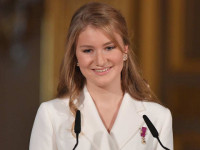




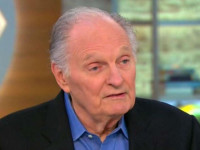











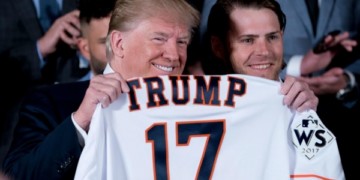
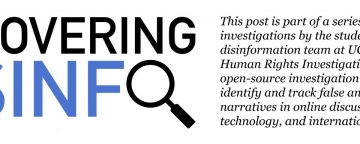
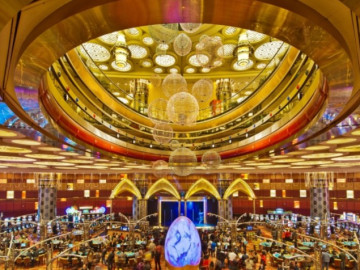
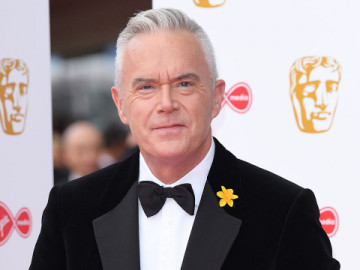
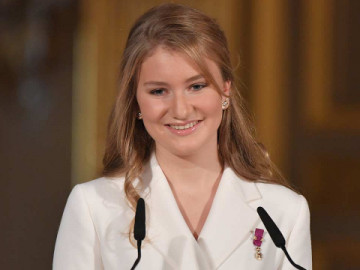
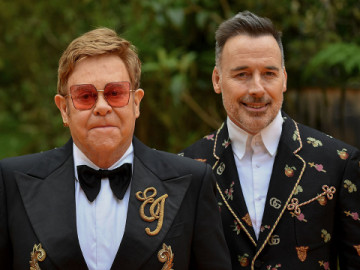
Connect with us